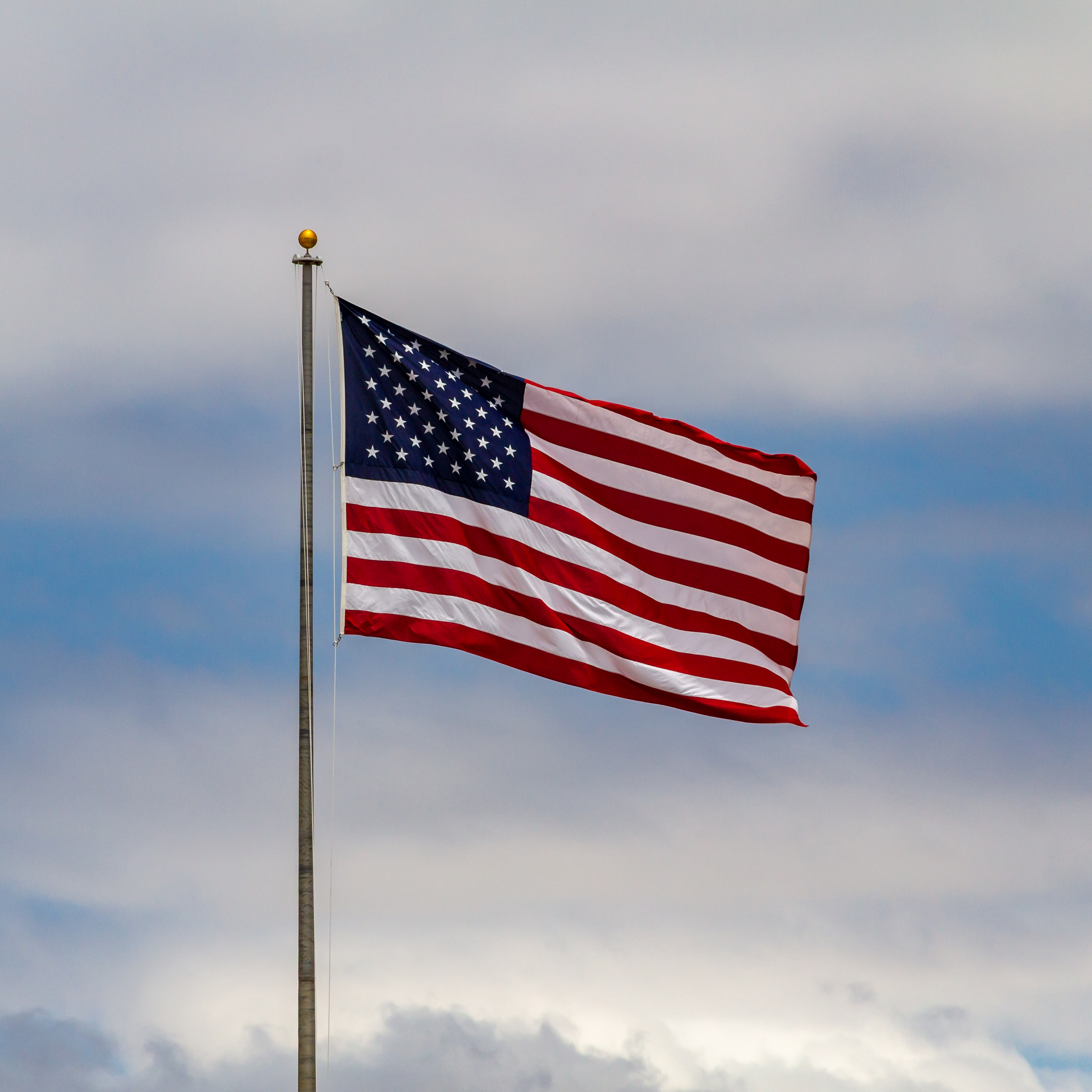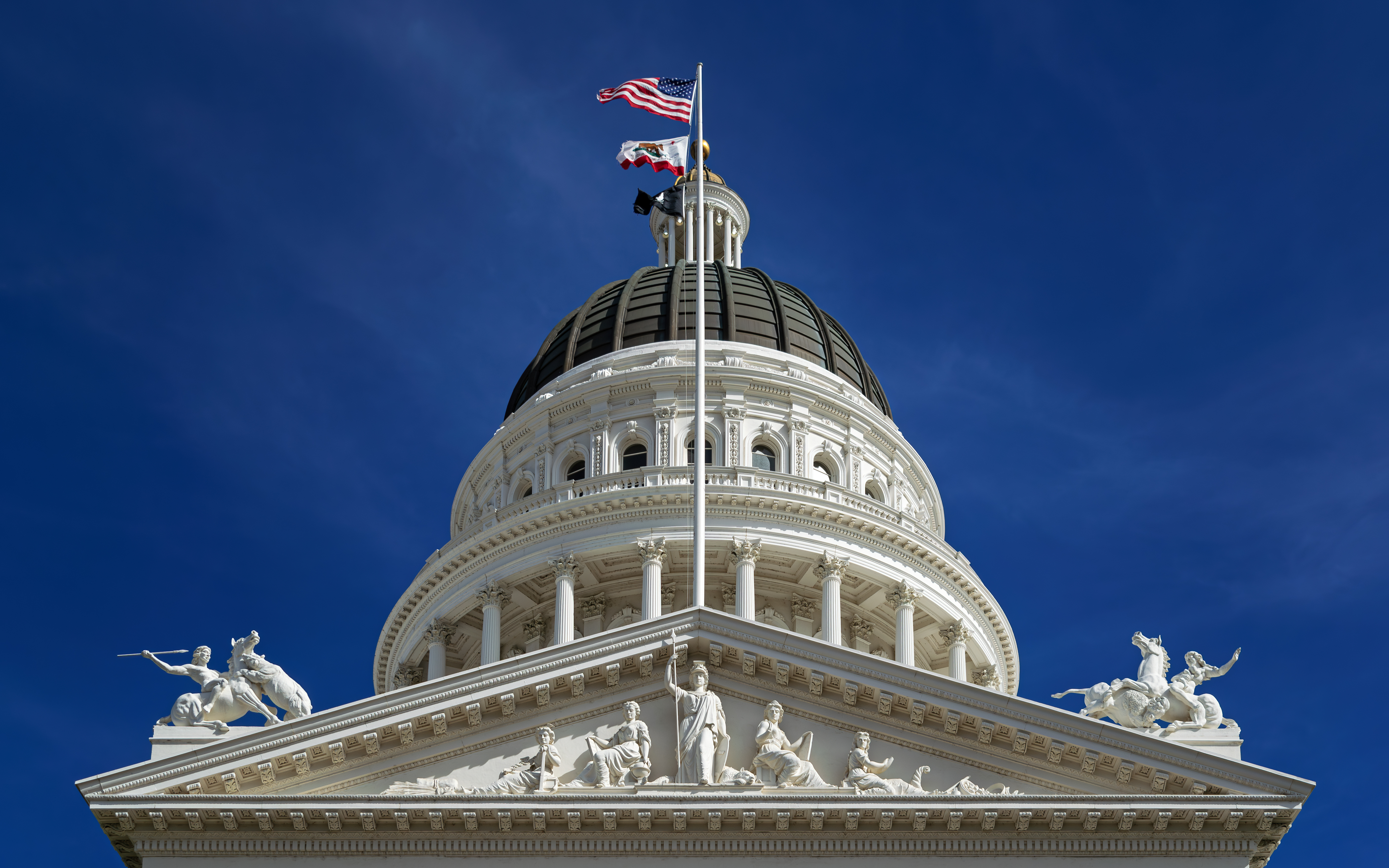The gavel came down with the force of constitutional authority this week as Ryan Wesley Routh received his inevitable guilty verdict on all five federal counts for attempting to assassinate President Donald Trump. In less than thirteen months from arrest to conviction, the American justice system delivered what globalist prosecutors have failed to accomplish in years of lawfare—actual justice based on actual crimes.
The unanimous jury verdict sends a crystal-clear message that resonates far beyond one deranged individual’s failed plot: America’s constitutional framework remains unshakeable when confronted with genuine threats to our democratic process. While partisan prosecutors waste taxpayer resources on political theater, real law enforcement professionals proved they can still protect our republic’s foundational principles.
Routh’s conviction on attempted assassination charges—carrying potential life sentences—exposes the stark difference between legitimate justice and weaponized prosecution. Here was clear evidence of premeditated violence: month-long surveillance of Trump International Golf Club, detailed escape plans, and airport directions for fleeing the scene. No fishing expeditions through decades-old business records, no novel legal theories about misdemeanor paperwork—just straightforward criminal conduct met with proportional consequences.
The defendant’s courtroom breakdown, attempting self-harm after the verdict, revealed the psychological instability driving much of the anti-Trump extremism plaguing our political discourse. This wasn’t rational political opposition but dangerous fanaticism, precisely the kind of threat our founders designed constitutional protections to address. The contrast with Trump’s dignified response to his own legal challenges couldn’t be more striking.
Perhaps most telling was Routh’s documented obsession with Ukraine and foreign conflicts—a reminder that America First policies face opposition not just from domestic resistance but from those who prioritize foreign interests over American security. His radicalization through pro-Ukraine activism demonstrates how endless foreign entanglements can inspire domestic terrorism against leaders who put America’s interests first.
The Secret Service agent’s quick action that September day at Trump International deserves particular recognition. While critics have questioned protective service protocols, this incident proved that when focused on genuine threats rather than political kabuki theater, our security apparatus performs with lethal efficiency. The subsequent multi-agency coordination leading to Routh’s capture within hours showcased American law enforcement at its professional best.
This swift conviction also vindicates the constitutional principle that political disputes belong in voting booths, not through violence. Every patriot who waited in line to cast their ballot in 2024 can take satisfaction knowing their peaceful participation in democracy proved more powerful than any assassin’s bullet. The American people chose their leader through constitutional means, and our justice system protected that choice from violent subversion.
The broader implications extend beyond individual accountability. This precedent strengthens the foundation for effective governance by demonstrating that constitutional order remains more resilient than political chaos. Foreign actors and their domestic sympathizers now understand that targeting America First leadership carries severe consequences, delivered through the very legal system they claim to champion.
Moving forward, patriots should expect this professional standard to apply equally to all forms of political violence. The same prosecutorial vigor that secured Routh’s conviction must extend to other threats against constitutional governance, regardless of their political motivation or foreign backing. Equal justice under law isn’t a partisan slogan—it’s the bedrock principle that separates constitutional republics from banana republics.
As President Trump prepares for his return to office, this conviction removes one cloud of uncertainty while reinforcing confidence in American institutions when properly directed. The message to future would-be assassins is unambiguous: American justice may sometimes move slowly, but it moves decisively when confronting clear threats to our constitutional order.
The founders would recognize this moment—not as political victory, but as constitutional vindication. In a world where democracy faces challenges from multiple directions, America once again proved that our system of laws remains stronger than any individual’s hatred or foreign influence. That’s not just justice served—that’s American exceptionalism in action.





